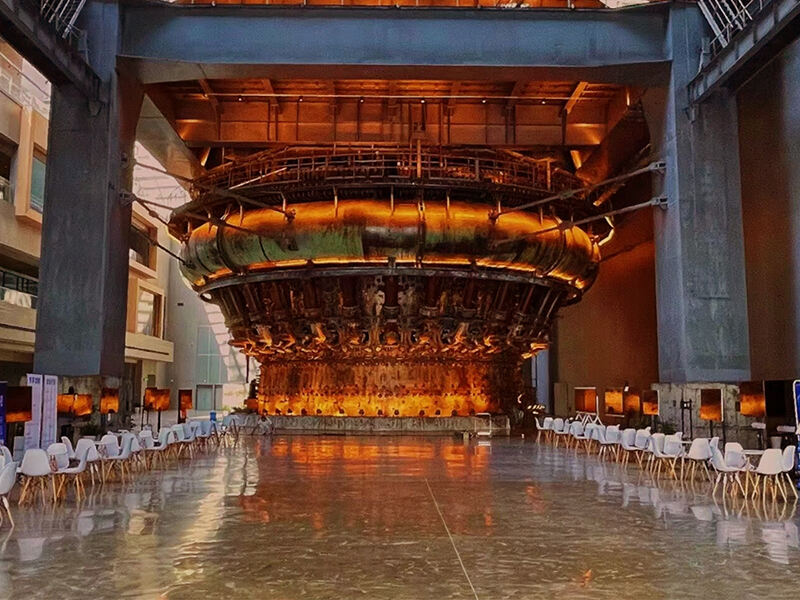Steel industry is the very important component of world infrastructure, and its further evolution is determined by the repeating technological innovations. The ever-improving production processes, material science and automation cannot be overlooked as key moves that resulted into increased efficiency, sustainability and products, other than disruptive breakthroughs.
Enhanced Efficiency and Cost Reduction
The processes have since been automated with recurrent improvements of steel mills in the form of optimized rolling mills, machine learning, and quality management, predictive maintenance, among others. The developments have the ability to reduce downtimes, wastes and the costs of production to a level where the firms including the Shandong Runhai Stainless Steel Co., Ltd. can offer their high quality stainless steel, carbon steel, etc. at affordable prices.
Improved Product Quality and Versatility
Different degrees of more humble progress in metallurgy and speeds of processing have expanded the specialist reach of presents that are created in steel. Automotive, constructions and chemical plants, medicines use high-strength, corrosion resistant alloys to a great extent now. Its reliability even in as rigorous working conditions as oil and gas and power generation are ensured by the quality of precision welding and seamless pipes.
Sustainability Through Incremental Innovation
Hydrogen in the steelmaking process and filling of electric arc furnaces (EAFs) grabs the headlines but small adjustments in energy efficiency and recycling of scrap are the adjustments that make the current processes to be greener. A decline of carbon emission and the use of energy also help to go in the direction of worldwide sustainability without involving comprehensive renovations of the production lines.
Meeting Diverse Industry Needs
Whether it is in stainless steel,galvanized steel,carbon steel, ductile iron pipes and structural beams etc, each round of improvement enables manufacturers to customize steel products into particular applications. This flexibility also guarantees that the paper industries, as well as railway industries take materials in precisely-determined specifications.

 EN
EN
 AR
AR
 BG
BG
 FR
FR
 DE
DE
 HI
HI
 IT
IT
 JA
JA
 KO
KO
 PT
PT
 RO
RO
 RU
RU
 ES
ES
 TL
TL
 IW
IW
 ID
ID
 LV
LV
 LT
LT
 SR
SR
 SK
SK
 SL
SL
 UK
UK
 VI
VI
 SQ
SQ
 GL
GL
 HU
HU
 MT
MT
 TH
TH
 TR
TR
 AF
AF
 GA
GA
 BE
BE
 MK
MK
 HY
HY
 AZ
AZ
 KA
KA
 BN
BN
 BS
BS
 LO
LO
 MN
MN





